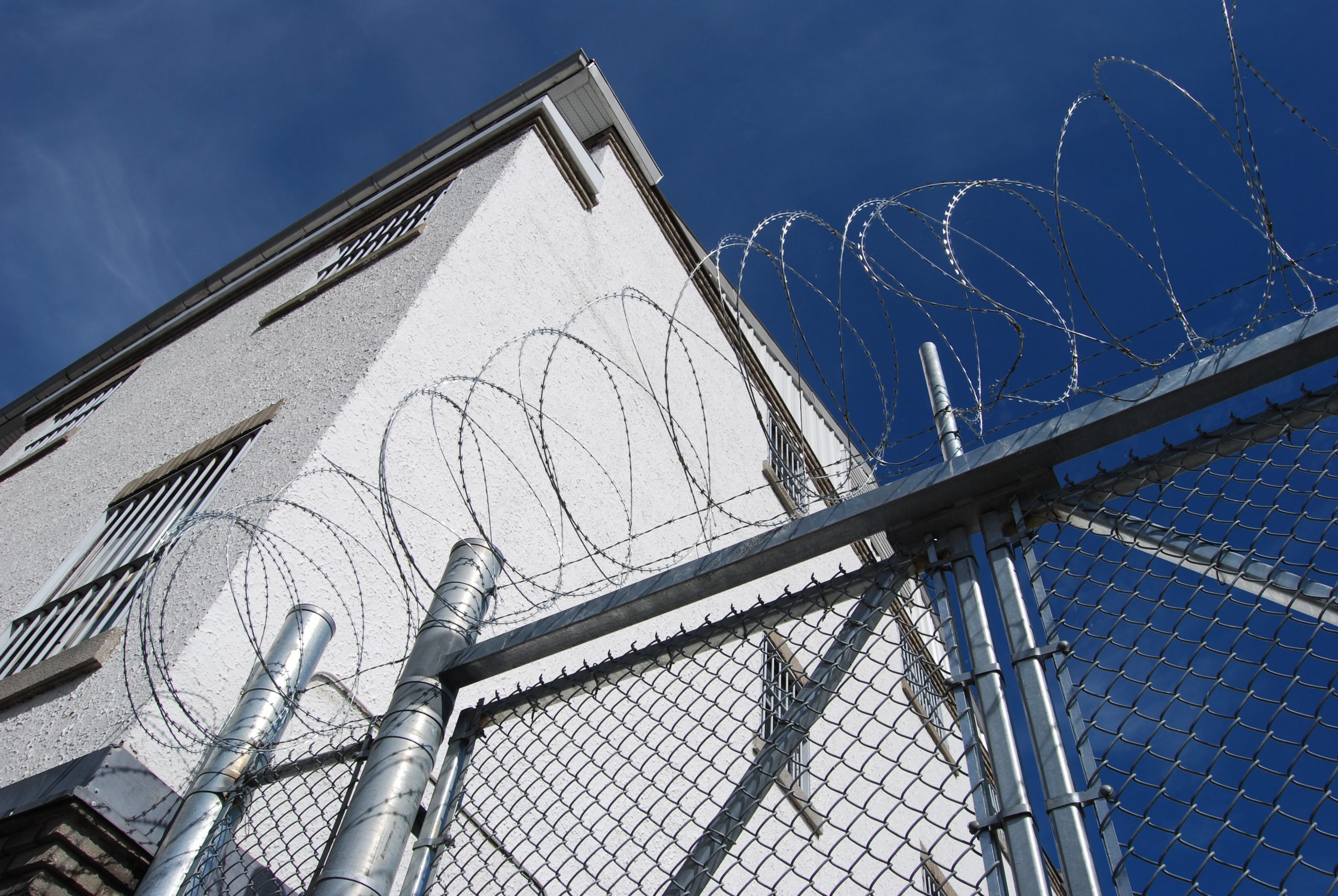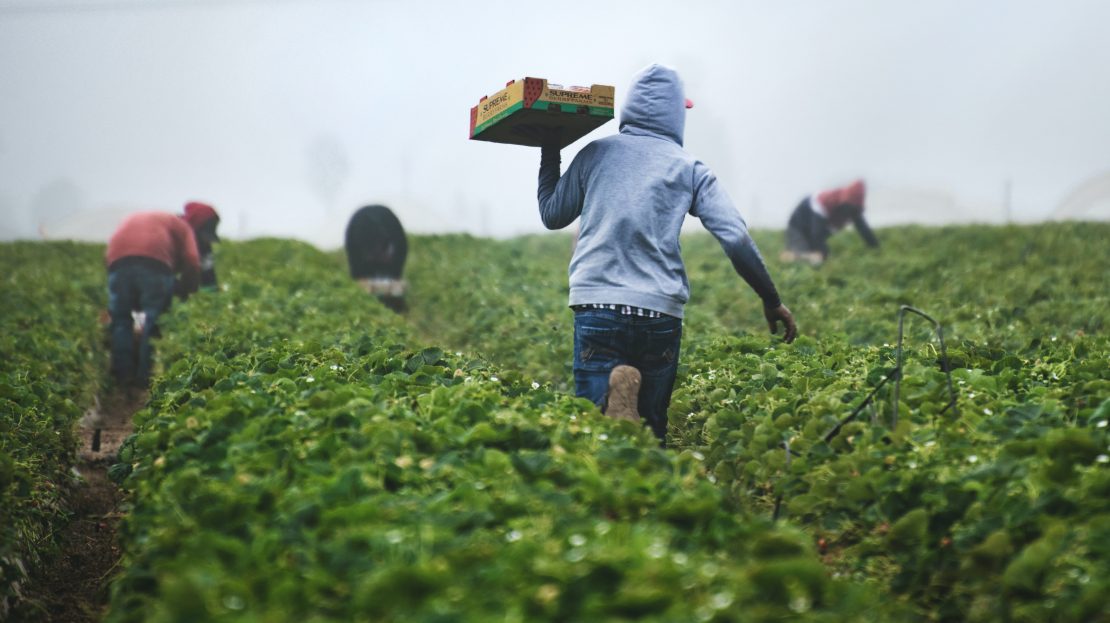Victims of modern slavery are to receive better support in prison following a legal challenge which highlighted a lack of guidance for prison staff. The new guidance, to be issued later this year, will help prison staff support victims and potential victims of modern slavery who have been imprisoned under criminal powers.
The Modern Slavery Act, passed in 2015, was the first piece of legislation to explicitly tackle the prevention, detection, investigation and prosecution of slavery and human trafficking offences in England and Wales. Statutory guidance states that prisons hold responsibility for identifying and supporting victims and raising awareness of this crime.
However, a judicial review claim brought by the Anti Trafficking and Labour Exploitation Unit (ATLEU) last month stated that the government had no “overarching written policy” to direct how prison staff should respond to and support victims and potential victims of modern slavery. According to the ATLEU, the government admitted there was no structure in place to inform prison staff when the Home Office had identified prisoners as victims or potential victims of modern slavery.
Nearly half of people identified by the Home Office as victims or potential victims of modern slavery experienced criminal exploitation, according to the latest government statistics. The government does not publish figures detailing how many of these people are in prison.
‘Serious failings’
Lindsay Cundall, a lawyer who worked on the ATLEU’s judicial review claim, said she identified “serious failings” in the prison system for victims of trafficking, a form of modern slavery.
Before working for ATLEU, Cundall was an immigration lawyer representing people in removal centres who had been transferred from prisons. In seven years, she could not recall a single case where an assessment of recovery needs was carried out or recovery support – such as counselling – was provided to victims of trafficking while they were in prison.
Appropriate support
Cundall worked with a man imprisoned for cannabis cultivation who said he had been trafficked from Vietnam. Though he was identified by the Home Office as being a potential victim of modern slavery (called a ‘reasonable grounds’ decision), prison staff were not notified and he was not given appropriate support, said Cundall.
The man was placed in the same cell as another inmate who had been working on the same cannabis farm. This person could have been a “potential exploiter”, said Cundall.
“He was receiving legal calls in his cell with a Vietnamese-speaking, co-defendant, potential exploiter sat next to him,” she said.
Cundall said this case shows prison staff have “no idea” how many victims or potential victims of trafficking there are in prison.
This is “particularly damaging” in a prison environment, according to ATLEU. Victims should not be required to identify themselves to prison staff, the organisation said, because the “anti snitch culture” in prisons makes them less likely to disclose what has happened to them.
New guidance to support victims
ATLEU brought its judicial review claim on the grounds that these failings in the prison system “unjustifiably discriminate” against victims and potential victims of modern slavery detained under criminal powers, compared with other victims of modern slavery.
The organisation also argued that trafficking victims who were criminally exploited were being indirectly discriminated against, because they were more likely to go through the prison system without support than victims who had not been criminally exploited.
Article 14 of the European Convention on Human Rights (ECHR) prohibits discrimination based on sex, race, colour, language, religion, political or other opinion, national or social origin, association with a national minority, property, birth or other status. This was incorporated into UK law under the Human Rights Act 1998.
The new guidance will include provisions for notifying prison staff about victims or potential victim of modern slavery, and decisions made about their cases. Staff should then assess the victim’s individual needs to ensure they are supported. The Justice Secretary has agreed to publish the guidance by the end of October.
Organisations supporting victims in the community, such as the Salvation Army, will also be notified before victims or potential victims leave prison.
“[We] are delighted with the commitments from the government which we hope will fill the gap in desperately needed support for victims of modern slavery in prisons,” said ATLEU.





